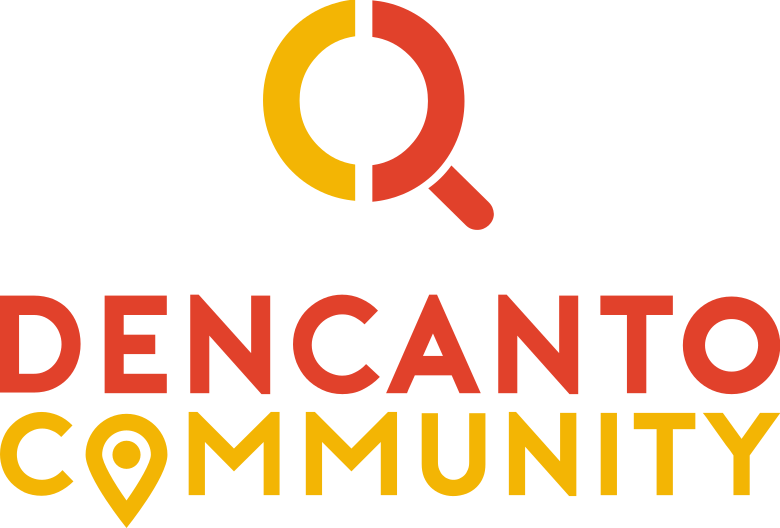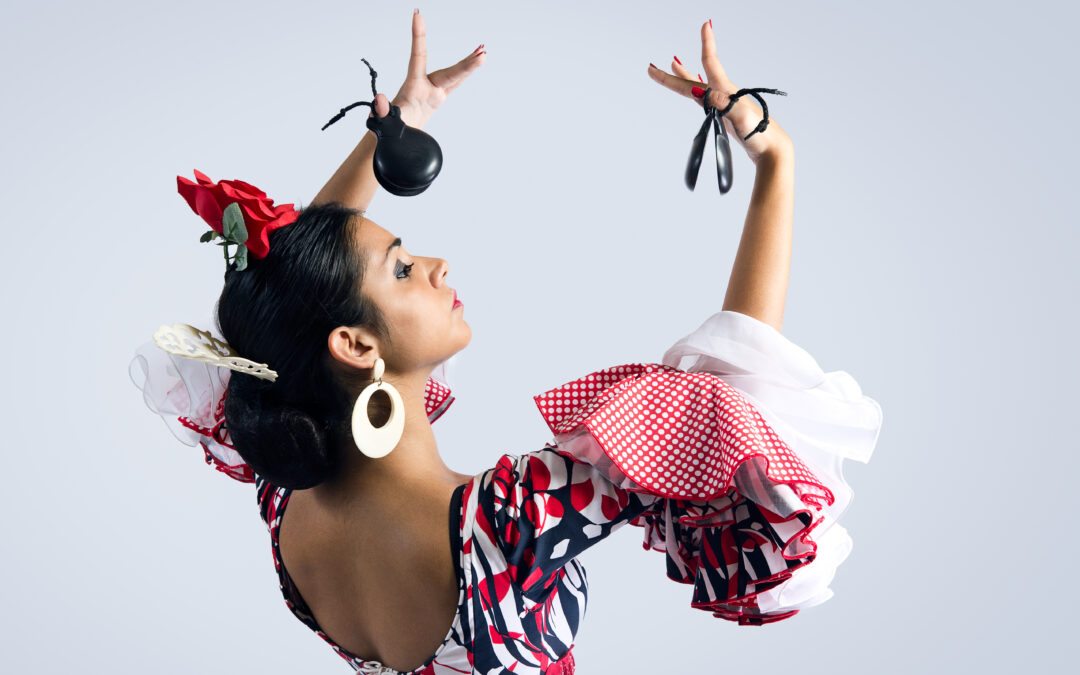Spain is a country known for its vibrant culture, deep-rooted traditions and rich history. From lively festivals to ancient customs, Spanish traditions reflect a blend of influences from different civilisations that have shaped its identity over the centuries. If you want to immerse yourself in the essence of Spain, getting to know these traditions is the best way to start.
Why Spanish Traditions Are So Unique
Spanish traditions are unique because they blend history, religion and regional diversity. Each part of Spain has its own customs, dialects and festivals, making the country a mosaic of cultural expressions. Whether it’s the passion of flamenco, the solemnity of Semana Santa or the energy of La Tomatina, Spanish traditions are a window into the soul of the country.
The Most Iconic Spanish Traditions
Spain is home to countless traditions that captivate locals and visitors alike. Here are some of the most famous:
- Flamenco: More than just a dance, flamenco is an art form that expresses deep emotions through music, singing, and movement. It has been declared Intangible Heritage of Humanity by UNESCO.
- La Tomatina: The world-famous tomato-throwing festival held in Buñol every August.
- Semana Santa: A deeply religious tradition celebrated across Spain with processions and cultural events.
- The Running of the Bulls (San Fermín Festival): A thrilling and controversial tradition in Pamplona where participants run alongside bulls through the streets.
- Las Fallas: Valencia’s grand festival, featuring spectacular fireworks, giant sculptures, and cultural events.
Spanish Festivals and Their Cultural Importance
Festivals play a crucial role in Spanish culture, bringing people together in celebration of history, religion, and local identity. Some of the most remarkable ones include:
- Feria de Abril (Seville): A lively event filled with traditional music, dance, and delicious Andalusian cuisine.
- Carnival of Tenerife: One of the biggest and most colorful carnivals in the world, featuring extravagant costumes and parades.
- Romerías: Pilgrimages to religious sites, often accompanied by music, dancing, and feasting.
- Día de Reyes (Three Kings’ Day): Celebrated on January 6th, this is the day when Spanish children receive gifts, similar to Christmas.
Spanish Traditions and Gastronomy
Spain’s culture is also deeply tied to its gastronomy, with traditional dishes playing an essential role in celebrations. Some must-try Spanish delicacies include:
- Paella: A flavorful rice dish originally from Valencia.
- Tapas: Small plates of food meant to be shared, ranging from jamón ibérico to patatas bravas.
- Churros con chocolate: A sweet treat enjoyed for breakfast or as an evening snack.
- Turrón: A traditional Christmas nougat made from almonds and honey.
Experience Spanish traditions up close
The best way to appreciate Spanish traditions is to experience them first-hand. Whether it’s participating in a festival, sampling authentic Spanish cuisine or exploring historic sites, immersing yourself in the culture will give you a deeper understanding of Spain.
Embrace the Spanish way of life and start your journey today!

